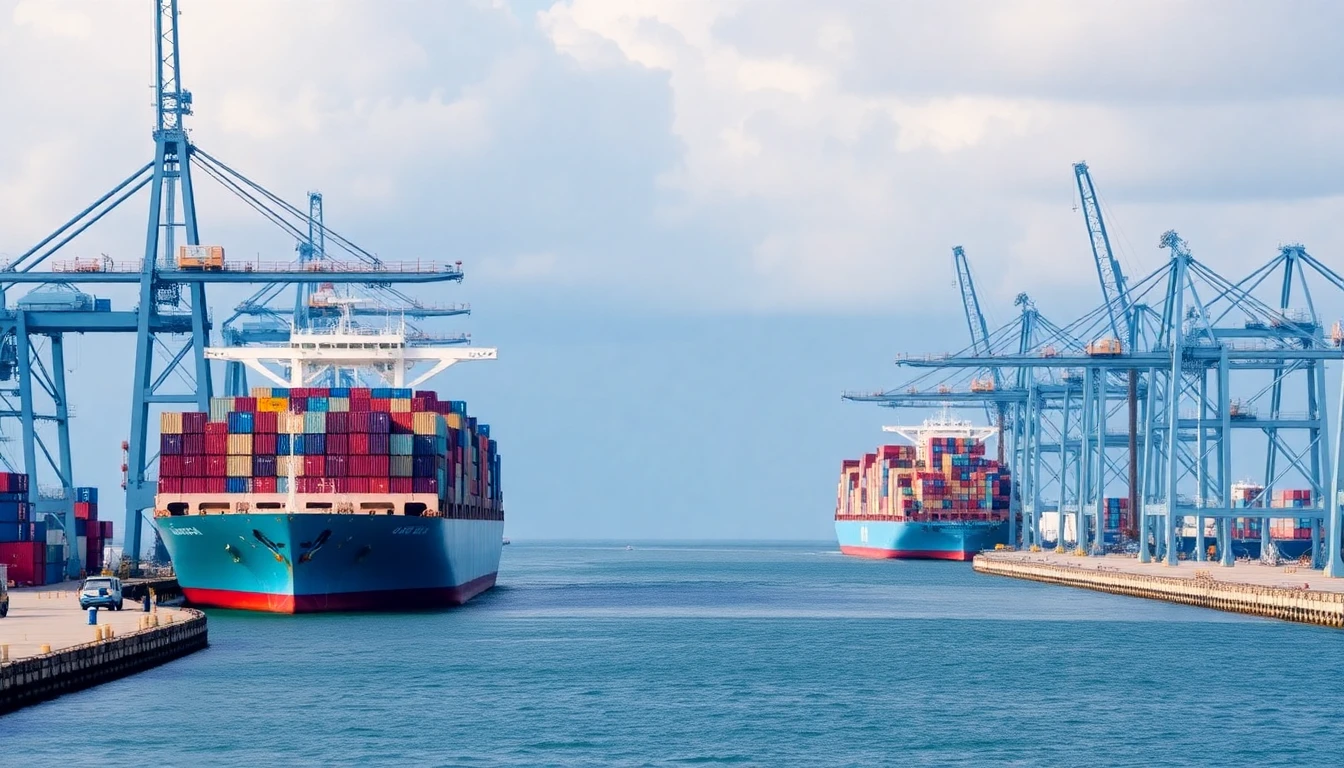
Shanghai has commenced a groundbreaking initiative aimed at transforming its shipping industry in response to forthcoming stringent emissions regulations. This new plan, unveiled recently, seeks to reduce carbon emissions and promote the adoption of cleaner technologies within one of the world's busiest ports.
The proposal is particularly timely as global attention turns towards environmental sustainability and reduced carbon footprints. With the International Maritime Organization (IMO) expected to unveil stricter emissions targets in the coming years, Shanghai's new strategy positions the city as a leader in green shipping practices.
A key feature of Shanghai's initiative is the promotion of alternative fuels and electric-powered vessels. The government encourages shipping companies to mitigate their reliance on traditional fuels, which have significant carbon emissions associated with them. This shift is not just a regulatory requirement but also a strategic economic move to attract businesses seeking to enhance their environmental credentials.
Additionally, Shanghai's plan outlines the establishment of a comprehensive infrastructure to support the adoption of these greener technologies. This may include investments in charging stations for electric ships and facilities for the storage and distribution of alternative fuels, such as hydrogen and LNG (liquefied natural gas).
In conjunction with infrastructural developments, the local government is also set to roll out incentives for shipping companies that successfully reduce their emissions. These could take the form of financial subsidies, tax breaks, or priority berthing rights at local terminals, creating a competitive edge for more sustainable shipping operations.
Experts believe that Shanghai’s proactive approach not only addresses local environmental concerns but also sets a precedent that could influence other major ports around the world. As global shipping activities face increasing scrutiny due to climate change, such initiatives will become critical in meeting both international regulations and public expectations for cleaner operations.
The shipping sector is traditionally one of the hardest-hit by emissions regulations, causing many companies to adapt quickly to avoid hefty fines or restrictions. With ports like Shanghai taking the lead in the transition to greener shipping, this could catalyze a broader shift across the industry, prompting firms worldwide to reassess their environmental impact strategies.
In summary, Shanghai's green shipping initiative is a significant step towards integrating sustainability into one of the busiest maritime environments globally. As the international community awaits stricter emissions regulations, Shanghai positions itself not merely as a responder but as a pioneer in environmentally responsible shipping.
#GreenShipping #SustainableDevelopment #Shanghai #EmissionsRegulations #ClimateChange #ShippingIndustry
Author: John Harris



